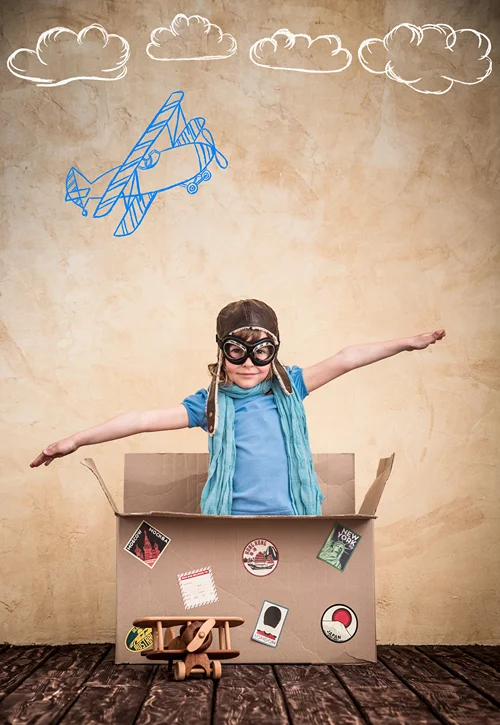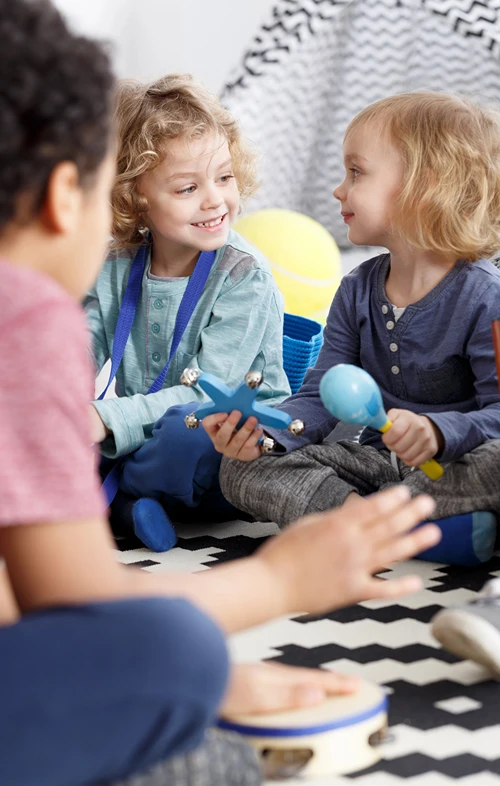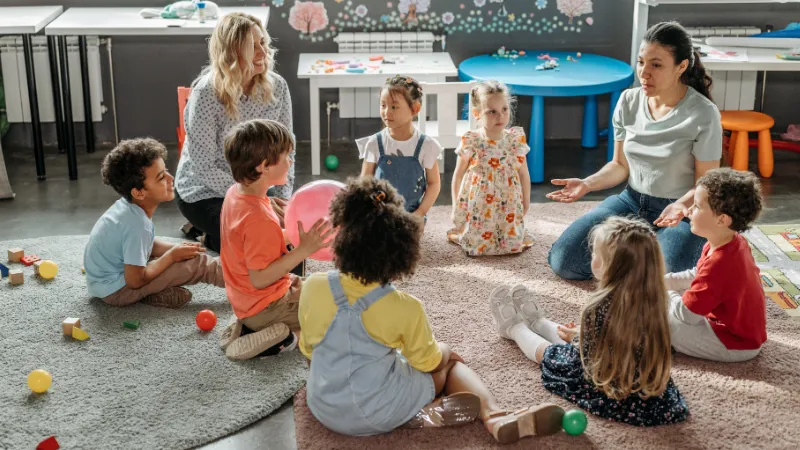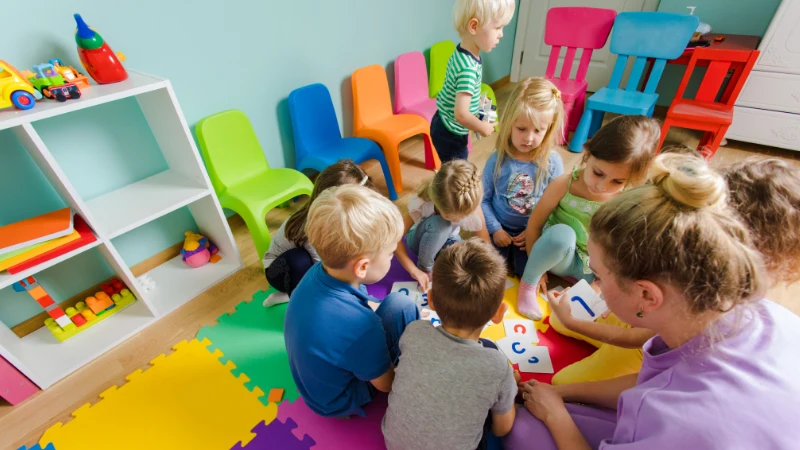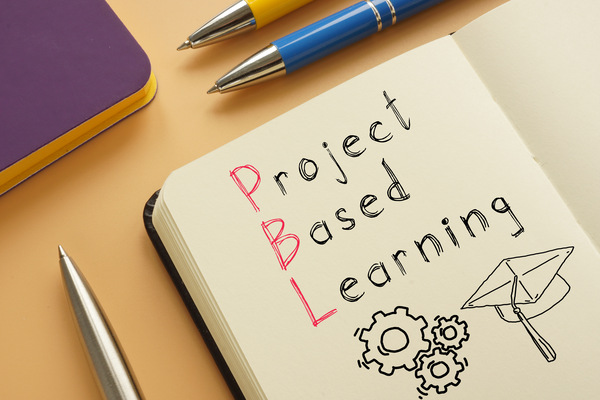The Role of Travel in Childhood Development: Learning Beyond the Classroom
A classroom may provide structure, but the world offers lessons no textbook can teach. Traveling fuels a child’s natural curiosity, transforming abstract concepts into real-world discoveries. The Parthenon of Athens is no longer just an image in a history book, and marine life isn’t confined to the pages of a science lesson.
Every journey introduces new sounds, flavors, and landscapes, broadening their understanding of the world in ways a screen never could.
Beyond being an adventure, travel is a chance for children to grow in confidence and adaptability. Encountering different customs and ways of life encourages them to ask questions, embrace new experiences, and interact with people beyond their usual surroundings. These moments help shape perspectives, encouraging independence and a sense of wonder that lingers long after the trip ends.
For parents, crafting the right travel experience ensures children get the most out of their journey. Choosing destinations that ignite curiosity, setting boundaries for digital engagement, and selecting accommodations that offer both security and learning opportunities transform an ordinary trip into something truly enriching.
How Travel Enriches a Child’s Development
Expanding Cultural Awareness
A child’s understanding of the world is shaped by direct experience. Travel introduces them to different customs, languages, and traditions, helping them appreciate cultures beyond their own. Engaging with locals, tasting new foods, or hearing another language spoken naturally leaves a lasting impression.
Cultural exposure deepens when children visit museums, historical landmarks, and heritage sites. Walking through an ancient temple, observing artifacts up close, or participating in a local festival makes history come alive. These experiences go beyond passive learning, instilling empathy and global awareness from an early age.
Enhancing Problem-Solving and Adaptability
New places bring unexpected challenges, turning everyday moments into problem-solving exercises. Figuring out a city’s metro system, communicating across language barriers, or adjusting to unfamiliar customs encourages children to think independently and build confidence.
Unpredictable situations—like a lost map, a delayed flight, or a sudden change in plans—teach resilience and flexibility. With each challenge, they learn how to navigate the unknown, gaining skills that will serve them well into adulthood.
Learning Through Hands-On Experiences
Some lessons are best learned by doing. Travel transforms education into an active experience, making subjects like science, history, and art more engaging. Instead of reading about ancient civilizations, children can explore their ruins. Instead of studying marine life in a textbook, they can snorkel and observe it firsthand.
Beyond historical learning, interactive opportunities in science centers, national parks, and art studios allow children to explore subjects in ways that books never could. Seeing, touching, and experimenting sparks curiosity and strengthens memory retention, creating an education that feels like an adventure rather than an obligation.
Balancing Digital Engagement with Real-World Exploration
Managing Screen Time While Traveling
In an era where screens dominate daily life, travel provides an opportunity to step away from devices and engage with the world firsthand. Rather than being glued to a tablet, children can soak in new surroundings, interact with different cultures, and explore with all their senses.
Parents can make this transition smoother by introducing alternatives that keep kids engaged without relying on screens.
Travel journals encourage them to document thoughts, sketches, and observations. Photography allows them to capture unique moments and create visual stories of their experiences. Storytelling reinforces learning while developing communication skills. By shifting focus from passive screen time to active discovery, children gain a richer, more meaningful experience.
Online Safety on the Go
While travel offers a chance to unplug, technology still plays a role in modern trips. Families rely on digital tools for navigation, translation, and researching destinations. However, staying safe online remains essential, especially when children have internet access while away from home.
Parents can enhance digital security by setting up parental controls, limiting access to public Wi-Fi, and using mobile data or a VPN to protect personal information. Teaching children about responsible browsing, avoiding suspicious links, and being mindful of what they share online ensures that technology enhances their trip rather than exposing them to unnecessary risks.
Choosing the Right Accommodations for a Family-Friendly Learning Experience
Where a family stays can shape the entire travel experience, influencing both safety and educational opportunities. A well-chosen hotel is more than just a place to sleep—it becomes part of the adventure. Family-friendly accommodations provide interactive spaces where children can engage in activities that stimulate curiosity, from nature-inspired play areas to cultural workshops designed for young travelers.
Beyond entertainment, choosing the right hotel ensures a secure environment where parents can relax knowing their children are safe. A secure and engaging environment enhances a child’s travel experience, making learning a natural part of the journey. Many family-friendly hotels include kid-focused amenities such as educational play zones, swimming pools with lifeguards, and guided activities that bring destinations to life. Some accommodations feature on-site nature trails, while others offer cultural storytelling sessions, encouraging discovery beyond traditional sightseeing.
Encouraging Curiosity and Lifelong Learning Through Travel
Travel is more than just an exciting getaway; it shapes how children approach learning for the rest of their lives. Every journey introduces them to new ideas, people, and experiences that ignite curiosity and critical thinking. Unlike structured classroom lessons, travel allows kids to ask their own questions and find answers through exploration.
Parents can nurture this curiosity by involving children in trip planning. Encouraging them to research destinations, history, or local wildlife before a trip makes them more invested in what they see. During the journey, prompting kids to keep a travel journal, collect postcards, or engage in scavenger hunts turns sightseeing into a more interactive experience. After returning home, discussing their favorite discoveries helps reinforce what they learned and inspires them to continue exploring new topics.
Conclusion
Travel is one of the most powerful ways to shape a child’s development, offering lessons that extend beyond what can be taught in a classroom. Each journey presents opportunities to expand cultural awareness, build problem-solving skills, and engage with the world through hands-on experiences. Whether it’s exploring a new city, trying unfamiliar foods, or stepping into a historical site, travel encourages curiosity and adaptability—qualities that will benefit children for a lifetime.
With thoughtful planning, parents can create experiences that spark wonder while keeping children safe in the real world and online. Choosing family-friendly accommodations enhances the experience, providing a secure environment that supports both relaxation and learning. By making travel an extension of education, parents nurture a lifelong love for discovery. Every trip becomes a gateway to knowledge, independence, and a deeper connection with the world.

